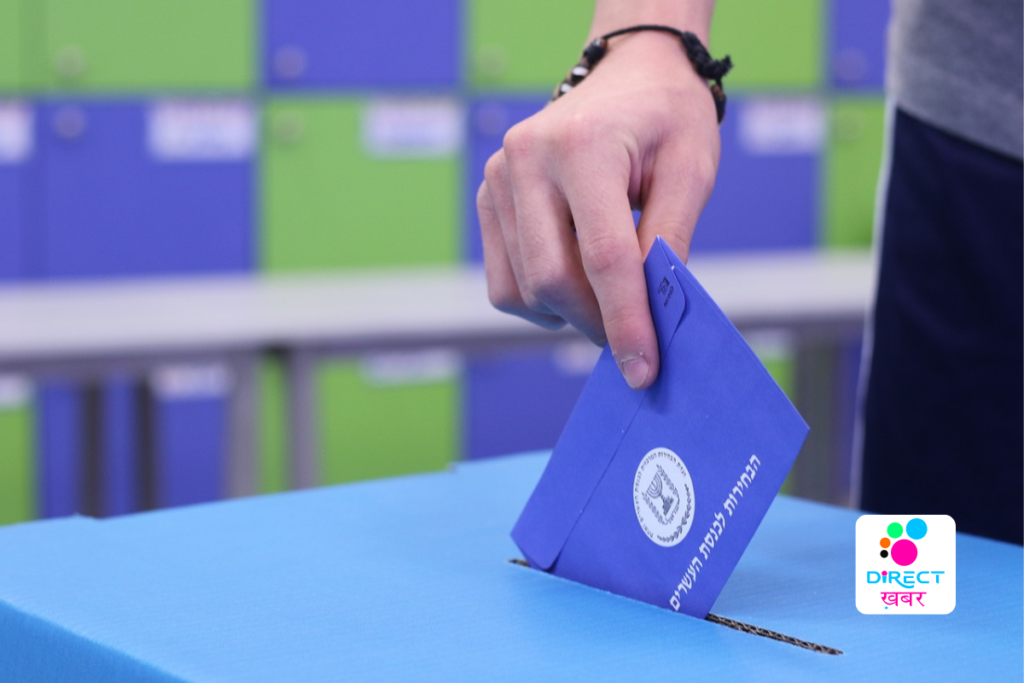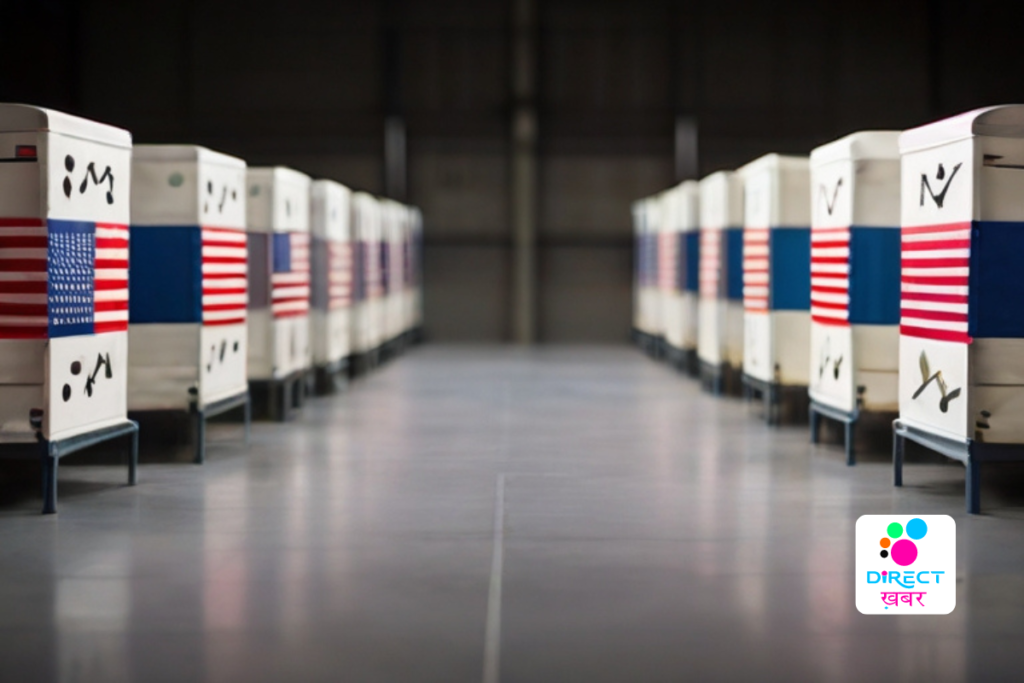Understanding the Role of Polling in Elections
Polling plays a crucial role in modern elections, offering insights into voter preferences, trends, and sentiments. This essay explores the significance of polling in elections, examining how it influences political strategies, shapes public discourse, and impacts electoral outcomes.
Understanding Polling:
Polling involves the systematic collection of data from a sample of individuals to gauge public opinion on various issues, candidates, and policies. Polling methods range from telephone surveys and online questionnaires to exit polls and face-to-face interviews. By analyzing demographic factors, such as age, gender, income, and geographic location, pollsters aim to accurately represent the broader population’s views.

Influence on Political Strategies:
Polling serves as a vital tool for political campaigns, guiding candidates in crafting their messaging, targeting specific voter demographics, and allocating resources effectively. By tracking shifts in public opinion, candidates can adapt their platforms and campaign tactics accordingly. For instance, if polling suggests growing support for a particular policy initiative, candidates may incorporate it into their platforms to resonate with voters.
Additionally, polling helps candidates identify key battleground states or districts where they need to concentrate their efforts. By understanding regional variations in public opinion, campaigns can tailor their outreach strategies to maximize electoral success. Moreover, polling informs strategic decision-making regarding advertising expenditures, grassroots mobilization, and candidate appearances, optimizing campaign efficiency.
Shaping Public Discourse:
Polling results frequently drive media coverage and shape public discourse surrounding elections. News outlets often report on poll findings, interpreting them to assess the state of the race and predict potential outcomes. Polls can influence public perceptions of candidates’ viability and momentum, shaping voter attitudes and behavior.
However, the media’s emphasis on polling data can sometimes oversimplify complex political dynamics and reinforce narratives that may not accurately reflect the broader context. Polls also have the potential to create a bandwagon effect, where voters align themselves with perceived frontrunners based on polling data rather than substantive policy considerations.
Despite these limitations, polling serves as a barometer of public opinion, providing valuable insights into evolving voter preferences and attitudes. By tracking trends over time, pollsters can identify long-term shifts in political sentiment, helping policymakers and analysts anticipate future electoral outcomes and policy priorities.

Impact on Electoral Outcomes:
Polling can significantly influence electoral outcomes by shaping voter perceptions, candidate strategies, and campaign dynamics. Close attention to polling data allows campaigns to identify potential weaknesses and opportunities, enabling them to adjust their strategies in real-time to capitalize on emerging trends.
Moreover, polling informs strategic decision-making regarding voter mobilization efforts, fundraising priorities, and coalition-building strategies. Candidates and political parties leverage polling data to identify swing voters and target them with tailored messaging and outreach efforts.
However, polling is not infallible, and unforeseen events or changes in voter behavior can undermine the accuracy of pre-election polls. Factors such as undecided voters, late-breaking news events, and turnout dynamics can introduce uncertainty into electoral forecasts, challenging pollsters’ ability to predict outcomes with precision.
Furthermore, polling methodologies and sampling techniques can introduce biases that may skew results or inaccurately reflect the broader electorate’s views. Issues such as nonresponse bias, sampling error, and question wording effects can impact the reliability of poll findings, highlighting the importance of methodological rigor and transparency in the polling process.

Polling plays a multifaceted role in elections, influencing political strategies, shaping public discourse, and impacting electoral outcomes. While polls provide valuable insights into voter preferences and trends, they are not without limitations and potential biases. As such, it is essential to interpret polling data critically, considering the broader context and methodological factors that may affect its accuracy and reliability. Nonetheless, polling remains a valuable tool for understanding the dynamics of modern elections and informing strategic decision-making by candidates, campaigns, and policymakers alike.






